First Bank of Nigeria Plc, May & Baker, Union Bank, Unilever and Flour Mills of Nigeria are 5 colonial Nigeria companies still thriving today. In today’s market evaluation, these companies are worth over N741.15 billion.
Prime Business Africa (PBA) brings you update of their performance since 1834, (almost 189 years ago) when the first company birthed in Nigeria:
Join our WhatsApp ChannelWhile four of these colonial Nigeria companies are no longer known by their initial brand names, they are part of the companies that survived the indigenisation decree, the Nigerian Enterprises Promotion Acts (1972 and 1977), that led to a restructuring of Nigeria’s private sector.
Starting from 1972, the number of Nigerians occupying the boardroom in Nigerian-based companies increased thanks to the indigenisation decree that mandated domestic investors should own 60 per cent in local firms.
The decree reduced the controlling stakes of foreign investors to 40 per cent, opening the door for more Nigerians to become Chief Executive Officers in the private sector, and bringing an end to the domination of colonisation in the private sector.
While some companies owned by foreigners demised after the nationalisation, many survived the era, and have continued to operate under different names, which has completely erased their history from the minds of many Nigerians.
May & Baker: Grimwade, May & Pickett
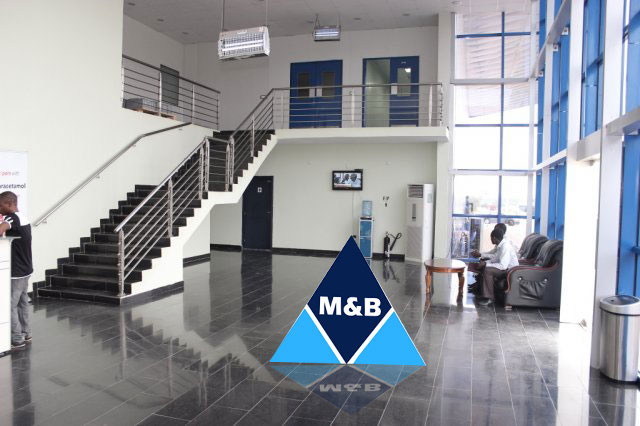
Grimwade, May & Pickett, British chemical company, was founded in 1834 by John May and William Gerrard Baker, to manufacture chemicals for pharmaceutical products.
Over the years, Grimwade, May & Pickett have been known by multiple names due to mergers and acquisitions in the global market, but one name that rings a bell is May & Baker, which it picked up in 1839.
READ ALSO: Nigeria At 62: Govt Declares Monday October 3 As Public Holiday
May & Baker extended its operation into Nigeria on September 4, 1944 as May & Baker (West Africa) Limited, occupying a trading outpost to serve the West Coast of Africa, leaving manufacturing to its European arm.
However, that changed in 1976 when the company’s first factory for local manufacturing of pharmaceuticals was built. This resulted into a name change to May & Baker Nigeria Limited from May & Baker (West Africa) Limited.
Due to the indigenisation decree, the foreign owners relinquished 60 per cent of their stake, ushering in a new era that led to May & Baker Nigeria transforming into Embechem Nigeria Limited, but it wasn’t long before they reverted to May & Baker Nigeria.
In 2002, the foreign investors exited the company, but it has maintained the name ever since, while other foreign sister companies have changed theirs. May & Baker is now worth N6.45 billion in valuation.
First Bank of Nigeria (FBN): Bank of British West Africa – Colonial Nigeria companies:
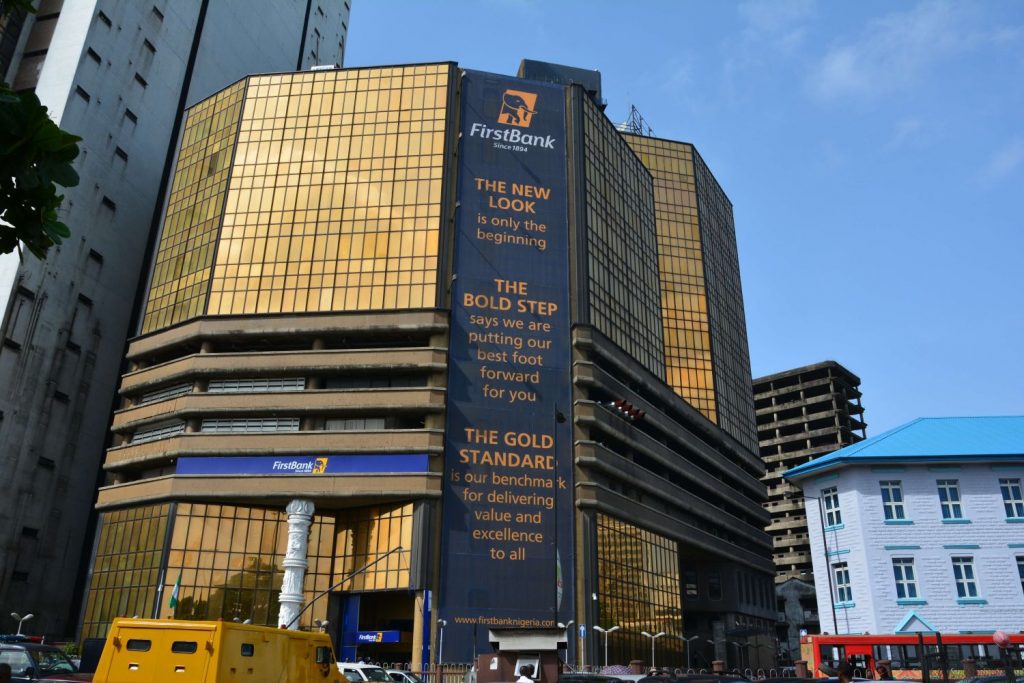
Sir Alfred Jones founded the Bank of British West Africa (BBWA) in 1894, and it is still in existence till date, making it the oldest bank in the country. But it has also changed names on multiple occasions.
Bank of British West Africa was one of the businesses owned by the coloniser to finance their trade in the country during the colonial era. The growth of the firm aided in the acquisition of its market rival, Bank of Nigeria, in 1912.
Bank of Nigeria was previously known as Anglo-African Bank, and owned by Royal Niger Company. 45 years after its acquisition, Bank of British West Africa rebranded into Bank of West Africa (BWA).
But it didn’t stop there, as it restructured into Standard Bank of West Africa Limited in 1966 after merging with UK’s Standard Bank. The firm went through another identity change three years later, becoming Standard Bank of Nigeria Limited.
The company’s name was revisited in 1979, to reflect the nationalisation of British companies. It transformed into First Bank of Nigeria Limited, then rebranded into First Bank of Nigeria Plc in 1991, before another restructuring resulted into the brand becoming FBN Holdings Plc, which is worth N359 billion in the equity market.
Union Bank: Colonial Bank
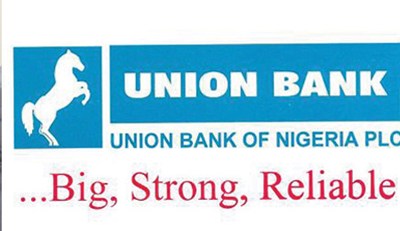 Just as the name implies, the Colonial Bank was established by the British in 1917, during their colonisation era in Nigeria, to serve their financial needs.
Just as the name implies, the Colonial Bank was established by the British in 1917, during their colonisation era in Nigeria, to serve their financial needs.
While the purpose of the firm remained the same, the name was rebranded to Barclays Bank DCO, to further reflects the presence of the coloniser, as the DCO represents Dominion, Colonial and Overseas.
Although, the change was mostly due to Barclays Bank acquiring Colonial Bank. It went through many rebrands as well, adopting the name Barclays Bank of Nigeria Limited (BBNL) in 1969 after Nigeria’s independence and the enactment of the Companies Act of 1968.
But following the decree of the nationalisation and to reflect new ownership structure, Barclays Bank of Nigeria Limited rebranded into Union Bank of Nigeria Plc.
The company has continued to operate under the brand name Union Bank of Nigeria despite the acquisition of Universal Trust Bank Plc and Broad Bank Ltd, and it is valued at N181 billion.
Flour Mills of Nigeria
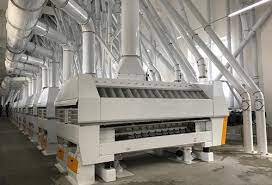
The parent company of the Golden Penny spaghetti you’ve been eating, Flour Mills of Nigeria (FMN), was established in 1960, the same year Nigeria got its independence.
Flour Mills of Nigeria was founded by Greek businessman, George S. Coumantaros, but it didn’t commence operation in the country until 1992, which is 32 years after.
Since it began operation, the agro-food firm, which is currently led by Omoboyede Olusanya, has expanded in size, acquiring Northern Nigeria Flours Mills and purchased Niger Mills of Calabar.
The success of Flour Mills of Nigeria has led to the creation of 13 subsidiaries within 62 years – one of which includes Nigerian Bag Manufacturing Company. And the company’s market value is currently worth N124 billion.
Unilever: Royal Niger Company

Unlike the Flour Mills of Nigeria and Nigeria Acceptances Limited, Royal Niger Company is much older than Nigeria, in fact, it is the reason Nigeria exist as a country.
While Royal Niger Company is best known for selling Nigeria in 1899 for £865,000, it is now known for producing tea, soap, and cosmetic products such as Lux, Vaseline, Knorr and Lipton under the name Unilever.
Prior to becoming Unilever, Royal Niger Company was first known as United African Company, established by George Goldie in 1879. It was managing the affairs of Niger River (now Nigeria) during the British colonisation.
The name changed to National African Company in 1881, before it was replaced seven years later with Royal Niger Company, before it joined the larger United Africa Company in 1929.
But this was not for long, as it became a subsidiary of Unilever in the 1930s, before it became Unilever itself in 1987. And that name has remained over the years. The company is now currently valued at N70.7 billion, one of the highest among the colonial Nigeria companies under review.

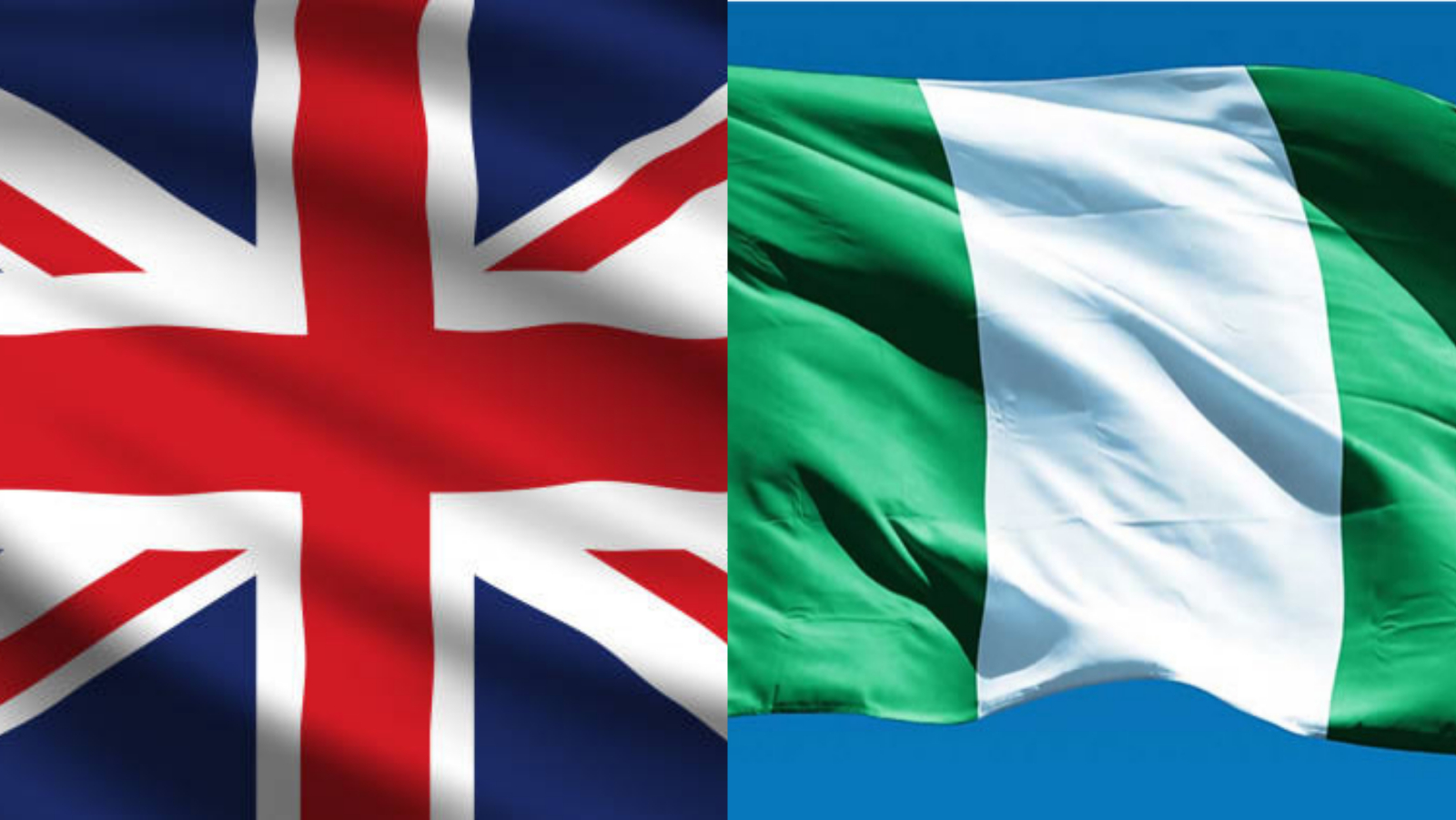











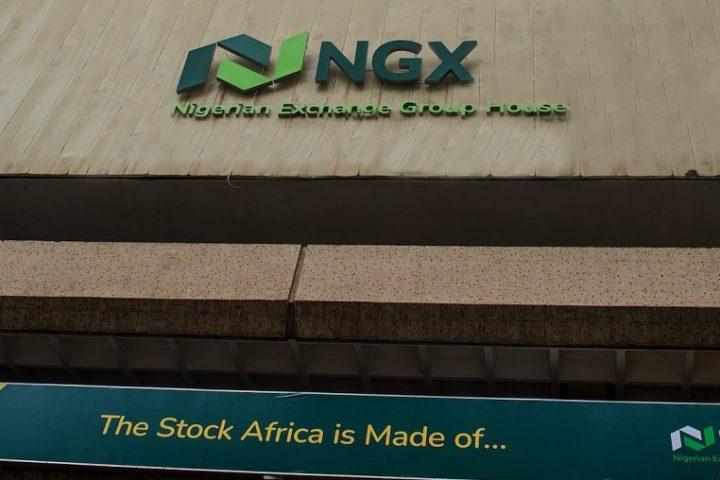


Waooooooo!!!!
Very interesting.
However we must look at the sector’s they operate. These are sectors that are tied to the daily lives of every living being in Nigeria.
This is the reason for vision in production creation; marketing can always deal with the rest.
Congrats to the companies.